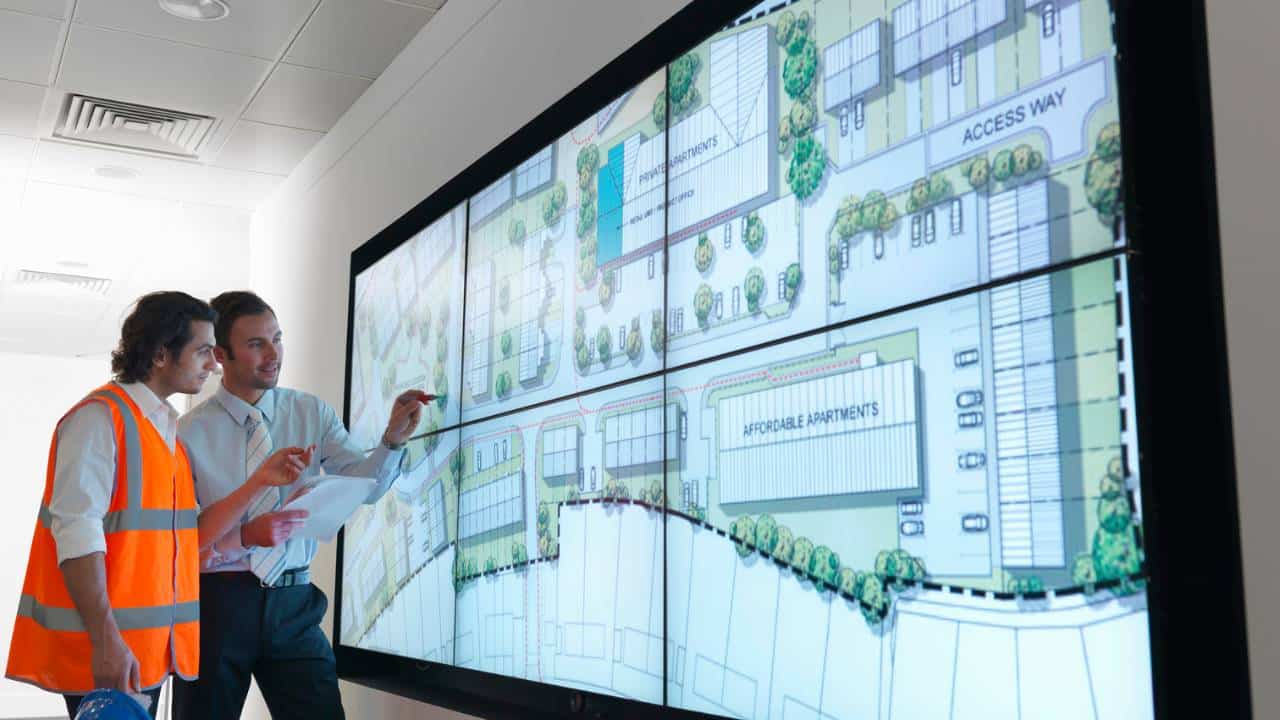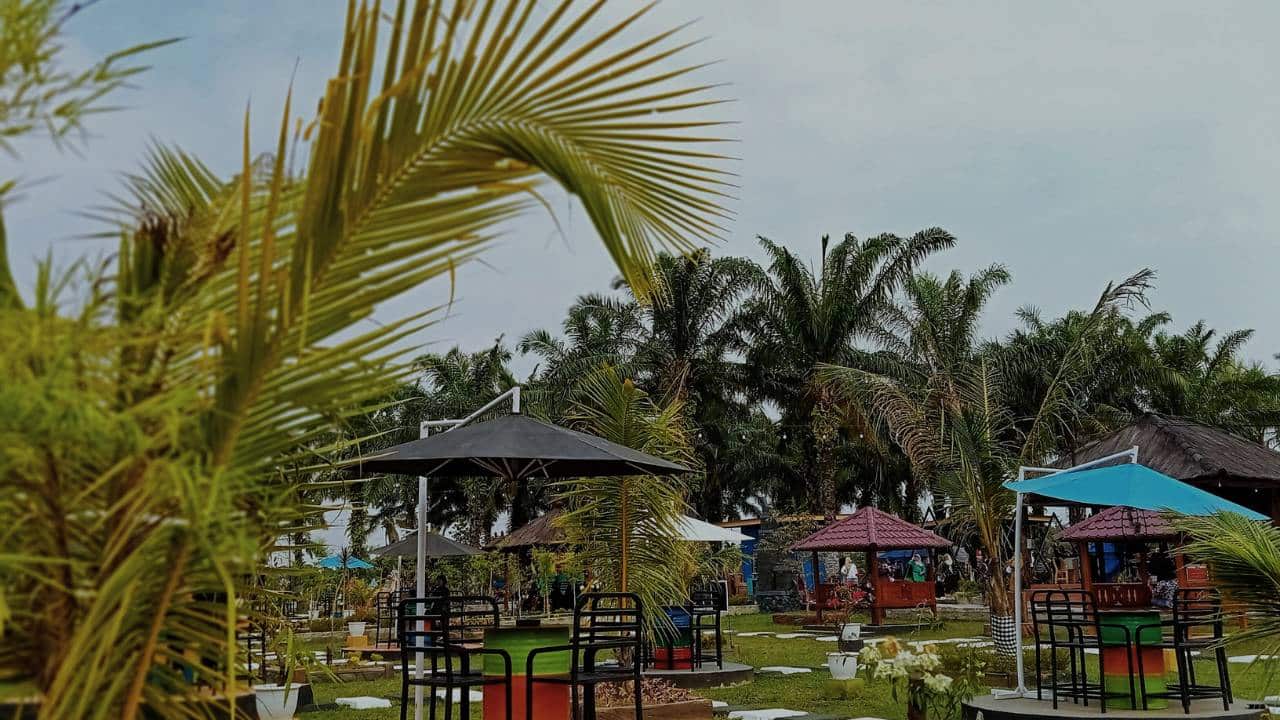Introduction
Understanding the Role of Urban Design in Creating Livable Communities
Urban congestion. Housing shortages. Infrastructure stress. Climate change. These are just a few complex challenges South African towns and cities face. The good news? Town planning offers the solutions.
From designing residential suburbs and commercial hubs to ensuring sustainable development and protecting the environment, town planning is the invisible hand shaping the spaces we live, work, and play in.
But what exactly is town planning, and why is it so important—especially in a rapidly urbanising country like South Africa?
Let’s unpack it.
🏙️ What Is Town Planning?
In simple terms, town planning (also called urban or spatial planning) is the process of managing land use and development in towns, cities, and rural areas. It ensures that people have access to housing, infrastructure, amenities, and green spaces—without chaos or conflict.
Town planning is about asking (and answering) big questions like:
-
Where should new housing developments go?
-
How can we reduce traffic congestion in growing suburbs?
-
What public services (like clinics and schools) are needed in new areas?
-
How do we preserve natural resources while developing land?
It’s a mix of science, design, policy-making, and community engagement.
Town Planning in the South African Context
South Africa presents some unique planning challenges:
-
Historical inequalities from apartheid spatial planning
-
Rapid urbanisation, especially around Gauteng and the Western Cape
-
Service delivery backlogs in informal and rural areas
-
Climate stress on resources like water and energy
Town planners in South Africa must navigate this while promoting sustainable, equitable development that benefits current and future generations.
Town planning here is governed by the Spatial Planning and Land Use Management Act (SPLUMA) 2013, which ensures integrated planning and alignment with municipal and national development strategies.
🧱 What Does a Town Planner Do?
A town planner is like a master chess player—strategically thinking five moves ahead to create well-functioning communities.
Key responsibilities include:
-
Zoning and Land Use: Deciding how land should be used—residential, commercial, industrial, or agricultural.
-
Urban Design: Planning road layouts, public parks, street lighting, walkability, and aesthetics.
-
Infrastructure Planning: Coordinating the provision of water, electricity, sewage, and roads.
-
Environmental Management: Ensuring development is sustainable and doesn’t destroy ecosystems.
-
Public Participation: Engaging with residents to hear concerns and ideas.
-
Development Control: Reviewing building applications and ensuring new developments comply with planning laws.
🏡 Why Town Planning Matters for Property Owners
Town plan isn’t just for government officials or big developers. It affects every homeowner, business owner, and community member.
Here’s how:
1. Protects Property Values
Smart, coordinated planning reduces urban blight, prevents overcrowding, and preserves community aesthetics—all of which help maintain or increase property value.
2. Prevents Land Use Conflicts
No one wants a noisy factory popping up next to their quiet suburban home. Town planning ensures proper zoning, keeping incompatible land uses apart.
3. Guides New Developments
Thinking of building a shopping centre or subdividing land for homes? You’ll need to work with town planners to ensure it fits with the area’s overall development framework.
4. Improves Livability
Access to parks, walkways, clinics, and transport hubs all comes down to good planning. Town planners build communities that work—not just collections of buildings.
🛠️ The Town Planning Process in South Africa
Town planning projects—whether initiated by government or private developers—follow a structured process:
Step 1: Site Assessment

-
What is the current land use?
-
Are there environmental or heritage restrictions?
-
Is the land suitable for the intended purpose?
Step 2: Concept Design

-
Layout of roads, plots, and open spaces
-
Infrastructure requirements
-
Integration with surrounding areas
Step 3: Consultation

-
Engage with affected communities.
-
Consider feedback from stakeholders and authorities.
-
Adjust plans if needed.
Step 4: Submission & Approvals

-
Submit applications to the local municipality.
-
Must comply with SPLUMA and municipal by-laws
-
This can include rezoning, subdivision, or land use change
Step 5: Implementation

-
Development goes ahead
-
Infrastructure is installed
-
Final inspections and compliance checks
🌱 Town Planning and Sustainability
Sustainability is no longer a buzzword—it’s a must. And town planners are at the forefront of building a greener future.
Sustainable town planning in SA focuses on:
-
Reducing urban sprawl by promoting densification
-
Designing energy-efficient communities
-
Preserving green belts and agricultural land
-
Encouraging public transport and non-motorised transport
-
Building climate-resilient infrastructure
Think of it as planning with nature, not against it.
🧠 Common Town Planning Terms (Explained Simply)
| Term | What It Means |
|---|---|
| Zoning | Legal designation of land use (e.g., residential, industrial) |
| Rezoning | Changing the designated land use (e.g., from agricultural to commercial) |
| Urban Edge | A boundary that limits city sprawl and protects rural land |
| Mixed-Use Development | A project that includes homes, shops, and offices all in one space |
| Subdivision | Splitting one large property into several smaller plots |
🏘️ Town Planning and Informal Settlements
South Africa has a long-standing challenge of informal settlements, where people build on land without formal planning or services. Town planning plays a critical role in:
-
Upgrading settlements with roads, toilets, water, and housing
-
Ensuring tenure security for residents
-
Avoiding high-risk areas (e.g., flood plains or unstable ground)
-
Creating integrated, inclusive communities
Planners must balance the needs of residents with legal and environmental constraints.
🔍 How to Check Zoning and Planning Rules in Your Area
Want to build a granny flat? Open a small business at home? Subdivide your land?
Before making any big moves, check your local planning rules:
-
Visit your municipal planning office or website.
-
Ask for a zoning certificate.
-
Consult with a registered town planner for guidance. a
-
Ensure compliance with the Municipal Spatial Development Framework (SDF)
🧑⚖️ Who Regulates Town Planners in SA?
All professional planners must be registered with the South African Council for Planners (SACPLAN). This ensures ethical conduct, competency, and ongoing training.
Always verify that your planner is SACPLAN-registered before starting a project.
📈 Future of Town Planning in South Africa
As we look to the future, town planning will be central to addressing:
-
Smart cities and digital infrastructure
-
Affordable housing development
-
Climate adaptation and disaster resilience
-
Urban regeneration of neglected areas
-
Inclusive design for all age groups and abilities
In short, it’s the backbone of South Africa’s urban future.
✅ FAQs
1. Do I need town planning approval to build a second dwelling?
Yes. You may need rezoning or consent use approval, depending on your zoning. Always check with your local municipality.
2. What’s the difference between urban design and town planning?
Urban design focuses on aesthetics and human experience (like public spaces and streets), while town planning is broader and includes policy, infrastructure, and land use.
3. Can I object to a development near my home?
Yes. During public consultation, residents can submit objections or suggestions. These must be considered before approval.
4. How long does rezoning take?
It varies, but typically 6–12 months, depending on the complexity and municipal processes.
🔚 Wrapping Up: Why Town Planning Matters
From inner-city Cape Town to rural Limpopo, town planning shapes every corner of our built environment. It influences how we live, move, connect, and grow as a community.
Whether you’re a homeowner, developer, investor, or simply a curious citizen, understanding town planning helps you make better decisions, avoid costly mistakes, and contribute to a better, more sustainable South Africa.
🏢 Need Professional Town Planning Support?
At Mimiti, we offer comprehensive town planning and urban design services that are tailored to South African needs. From rezoning applications to township developments, our expert planners ensure your project complies with the law, supports sustainability, and adds long-term value.
📞 Reach out today for a consultation, and let’s plan a better tomorrow—together.




0 Comments